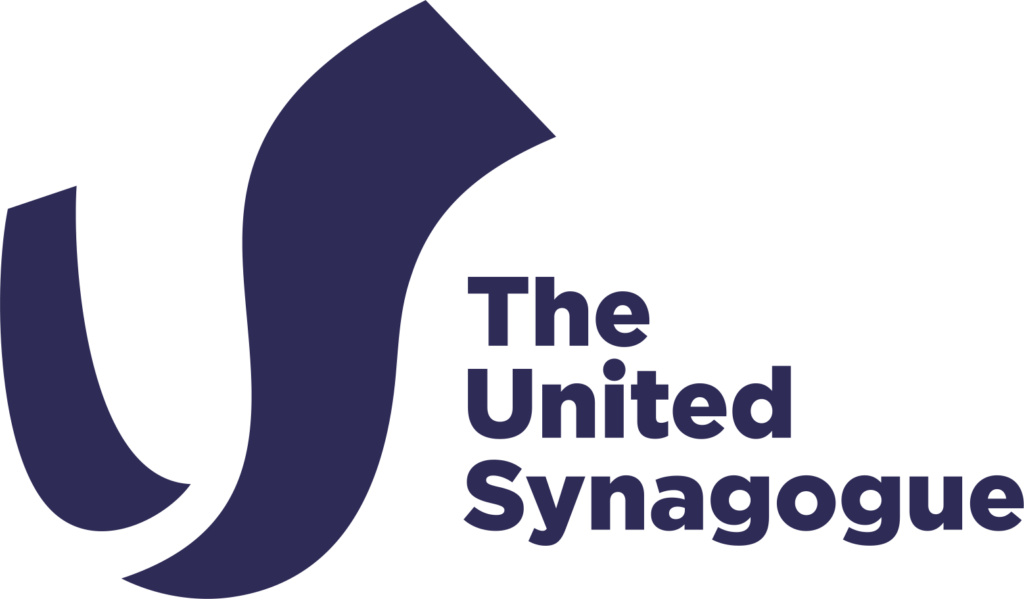By Rabbi Michael Laitner, Director of Education for the United Synagogue
“Fifteen years hard labour. Treason! The death penalty.” These terrifying words reverberated around Leningrad courtroom during Chanukah 1970 as a Soviet judge struck his gavel on the desk in front of him.
The accused were eleven young Jews who, six months earlier, had attempted to hijack a small plane on a domestic flight in northern Russia with the objective of diverting it to Sweden from where they would be able to move to Israel, an ambition denied to them by the Soviet authorities. Tantalisingly close to success, they were arrested at the airport just prior to boarding.
They had been betrayed from within by a ‘plant’, placed by the KGB (the ruthless Russian security service) inside their courageous, idealistic group which defied the Soviet Union by clandestine Jewish and Zionist activity as they sought to maintain Jewish life in that country and gain the right to move to Israel.
Following pressure from Jews in the West, the death sentences were commuted but the would-be hijackers still faced lengthy prison terms in the brutal Soviet penitentiary system. After many difficult years, they eventually were freed and moved to Israel.
Perhaps the best-known of the hijackers is Yosef Mendelevitch, now Rabbi Yosef Mendelevitch who teaches in Jerusalem. The significance of these courtroom scenes during Chanukah was not lost on him. In an interview with The Jewish Press, Rabbi Mendelevitch said, “Chanukah occupies a special place in my life. First of all, because of the heroes of Israel who risked their lives for the sake of the Torah and succeeded. This was a big example for me. As a member of the Jewish underground I felt myself very close to the Maccabees. My first encounter with the Jewish people was due to Chanukah. [1]
Perhaps Rabbi Mendelevitch was referring to a Chanukah evening in 1965. He was at the Rumbuli Cemetery near Riga, where, after many weeks of restorative work, a memorial service took place for Jews murdered there in World War Two. Although still a young student, Rabbi Mendelevitch addressed the crowd and spoke, as the Chanukah candles flickered, of the need to carry on Jewish life. At that time, he resolved to commit to the Jewish people and Judaism despite the dangers of doing so. Soon afterwards, he helped to organise activists to plan for emigration to Israel. Amongst the accused in that Leningrad courtroom were a core of those activists.
Their story, in a sense, started during Chanukah 1965 and included the terrible danger they faced during Chanukah in 1970. Although the Soviet Union tried to crush Rabbi Mendelevitch and his friends on Chanukah, with God’s help, their iron determination as modern Jewish heroes to reach Israel and live freely as Jews ultimately prevailed.
[1] www.jewishpress.com/indepth/opinions/chanukah-miracles-the-candle-which-didnt-light/2014/12/16/
